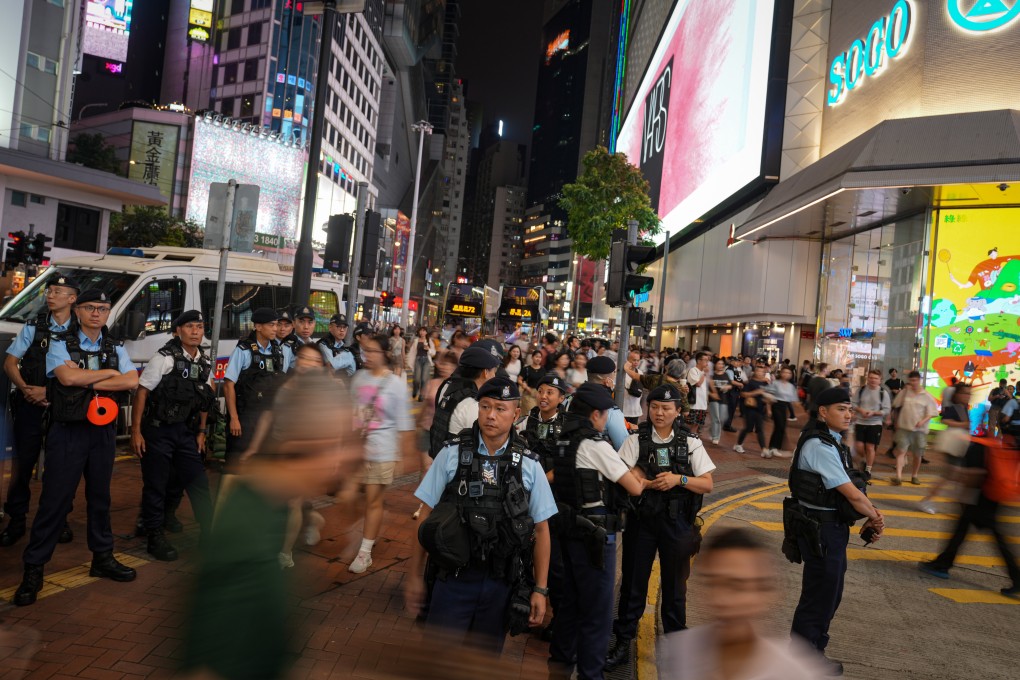My Take | Like Tiananmen, Hong Kong’s painful crackdown will make it stronger
- If the post-1989 history of mainland China is any guide, the city, too, will prosper after a period of adjustment that has followed the 2019 upheavals

China became one of the world’s biggest economies and a great power after the Tiananmen Square crackdown. Hong Kong, likewise, will prosper following the post-2019 suppression. In both cases, there had been a period of adjustment during which both reached a nadir. And during that time, more people, both domestic and foreign, took an increasingly dire view about their future. But for Hong Kong today, that too will pass.
Chinese history, politics and society have always followed their own patterns, logic and meanings. You can interpret them through Western or any foreign lenses because that’s what you are most familiar with. But you shouldn’t mistake familiarity with true understanding.
There are profound similarities between the Tiananmen and Hong Kong crackdowns, though obviously on a very different scale of suffering and painful readjustment. They were both tragic events, but ultimately inevitable.
The tragedy of Tiananmen is not what foreigners and even many locals think it is. It is not about evil triumphing over good. It’s about two sides that were both right and ultimately had many of the same goals coming to a bloody and violent denouement.
Most foreigners continue to think the violent crackdown was against a Chinese mass protest fighting for democracy and freedom, American-style. That could not be further from the truth.
The student protesters and the workers who joined them wanted clean government, economic reform and political liberalisation that were, at the time, well within the parameters of public discourse allowed by the party leadership. Both sides shared many key goals and even the language they used. The students were, at least initially, respectful and did not set out to pose an existential challenge to the legitimacy of communist party rule. The party elders, in turn, were willing to reach an understanding – so long as the demonstrators left the square.

